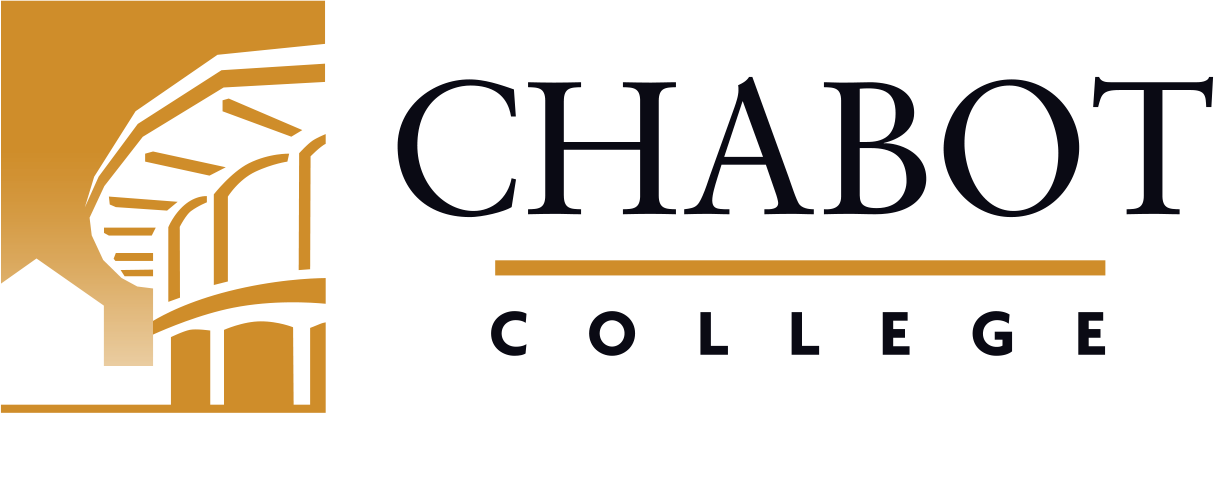
Course Outline for History 32
Colonial Latin America
SLO Rev: 11/06/2017
HIS 32 - Colonial Latin America
3.00 Units
| Type | Units | Inside of Class Hours | Outside of Class Hours | Total Student Learning Hours |
|---|---|---|---|---|
| Lecture | 3.00 | 54.00 | 108.00 | 162.00 |
| Total | 3.00 | 54.00 | 108.00 | 162.00 |
- demonstrate critical thinking and analytical skills by utilizing methods of inquiry used by historians;
- recognize the significance of primary and secondary sources and how to interpret them appropriately;
- integrate geographical knowledge with cultural and historical knowledge to assess the development of an emerging Latin America;
- examine, evaluate, and discuss the experiences, roles, achievements, and contributions of Indigenous and African people in Latin America from the Pre-Columbian era to the 19th-century struggles for independence;
- closely examine the role of women, including their struggle for equality, within the context of an emerging Latin American;
- closely examine the role of Africans, including their struggle for equality, within the context of an emerging Latin America;
- assess the historical roots of racism and patriarchy, and the impact on ethnic conflict in Latin America;
- examine and evaluate European colonial, social, political, economic, and cultural institutions in the shaping of Indigenous, Black, Mestizo, and Mulatto communities in Latin America.
I. Historical Background
A. Introduction to the Indigenous societies - Mexica (Aztec), Mayan, and Quechua (Inca) prior to European settlement
B. Participation of women in Indigenous societies
II. Spanish Conquest
A. European and Indigenous societies – contact and conflict
B. Establishment of the slave system in the Caribbean
C. Hernan Cortez, Mexico, and history of Quetzalcoatl
III. Portuguese Brazil
A. Africans in the Americas
B. Resistance and Rebellion
IV. The Colonial Period
A. Development of a caste socio-economic system based on blood quantum theory
1. Ethnicities and Identities
B. Participation of Mulattoes and Mestizos in Colonial Spain and Portugal
1. Old and New Societies
C. Conversion to Christianity and the destruction of Indigenous institutions
D. Gender and Sexual Relations
V. Independence Movements
A. Criollo discontent with the economic and political system
B. Women's intellectual and societal participation within the Indigenous Mestizo, Black, and Mulatto communities
C. Late Colonial Changes
VI. Building New Societies in Latin America
A. Internal political and economic conflicts between conservative and liberal ruling classes
B. Emergence of the Mestizo middle class and the struggle for equality
C. Independence and Beyond
- Lecture/Discussion
- Online Assignments
- Presentation
- Textbook reading assignments
- Written assignments
- Research project
- Actively participate in weekly discussions regarding primary source reading assignments.
- Write a five 1-page writing reflections based on primary source reading assignments throughout the semester.
- Take an In-class midterm exam covering the first half of the course material, including ID terms and short essay questions.
- Write a 5-page paper which compares & contrasts the experiences Europeans, Africans, and Indigenous people in Colonial Latin America.
- Write a 5-page paper which assess the experiences of women across social and racial lines in colonial Latin America.
- Take a final in class exam cumulative, with a focus on second half of class materials, including ID terms, short essay questions and quote identifications.
- Assigned activities
- Class Participation
- Exams/Tests
- Homework
- Online Assignments
- Papers
- Written assignments
- Final Examination
- Analyze the Pre-Columbian era and the transformations Indigenous societies experienced during and after the European conquest.
- Evaluate the impact of European colonization in the Americas and the foundations for the independence movements.
- Evaluate the experiences of women and colonized groups within the context of colonial Latin America.
- Distinguish between primary and secondary sources as historical evidence.
- Burkholder, Mark, Monica Rankin, and Lyman L. Johnson (2017). Exploitation, Inequality, and Resistance: A History of Latin America since Columbus Oxford University Press.
- Mills, Kenneth, William B. Taylor, and Sandra Lauderdale Graham (2013). Colonial Latin America: A Documentary History Rowman & Littlefield Publisher.
- Restall, Matthew, Lisa Sousa, and Kevin Terraciano (2005). Mesoamerican Voices: Native-Language Writings from Colonial Mexico, Oaxaca, Yucatan, and Guatemala. Cambridge University Press.